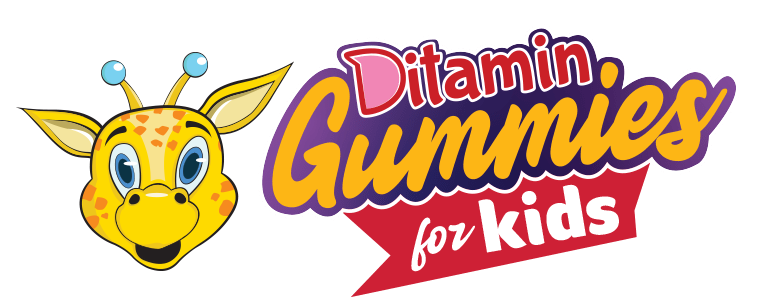A Pediatrician’s Guide to Enhancing Your Baby’s Brain and Bone Development

As a paediatrician, new parents always ask me, “What are the best vitamins for babies to help support brain and bone development?”, and my reply is always that the secret to healthy development lies within the first 1,000 days of life.
Your baby’s important systems begin to develop at conception and continue throughout early childhood. Specifically, the first 1,000 days of life, from conception to age 2, are critical for your child’s brain development but also for a variety of other systems.
Your Baby’s First 1,000 Days
So, what can you do in these first 1,000 days to enhance and support your baby’s development? Let’s tackle each phase during this critical window.
Phase 1 – Pregnancy
Proper nutrition during pregnancy is all about supporting your baby’s brain development and cognition. During pregnancy, women should focus on a healthy diet and good supplementation, not only for themselves but with their growing babies in mind as well.
During pregnancy, I recommend women start with a diet high in Omega-3 fatty acids. Omega-3s are the building blocks for brain development and are absolutely essential. Food’s high in Omega-3s include fish, soybeans, and nuts.
One important Omega-3 fatty acid is DHA. DHA plays a critical role in foetal brain, eye, and nervous system development. While DHA is naturally found in some foods, many women fall short on getting the amount needed for optimal health, especially during pregnancy. Starting a supplement high in DHA is a great way to support a healthy overall pregnancy while also supporting your baby’s growth and development.
Studies also repeatedly show a link between what our babies hear in the womb and positive brain function and development. Music can be a fantastic tool for jumpstarting your baby’s cognition. In fact, one study found that “extensive prenatal exposure to a melody induces neural representations that last for several months.” Your baby may be able to recognize sounds heard throughout your pregnancy! So playing music and talking to your baby during pregnancy are fantastic ways to support a healthy brain.
Phase 2 – Newborns and Infants
Once your baby is born, bone development becomes a top priority.
In fact, osteoporosis in adults can often be traced back to inadequate bone health in childhood. To prevent future concerns, it is important to speak to your paediatrician about proper nutrition and supplementation needed for healthy bone growth.
One nutrient critical to bone health is vitamin D as it helps our bodies absorb calcium and phosphorus. Vitamin D is found in some foods naturally, and it is also produced in our skin in sunlight. However, not much vitamin D is transferred through breast milk, and the American Academy of Paediatrics recommends all children stay out of direct sun as much as possible.
These restrictions make it difficult for your newborn to receive the AAP’s recommended 400IU of vitamin D daily. If your baby is exclusively or even partially formula fed, all formulas are now fortified with vitamin D. But if you are exclusively breastfeeding, the AAP highly recommends supplementing vitamin D.
Vitamin K2 is another important nutrient. It helps blood clot properly and helps make sure calcium is able to function appropriately. Vitamin K2 is essential in getting calcium from the bloodstream into bones to ensure proper bone strength and development.
Ditamin BabyVit Vitamin D3 Drops are an effortless way to give your infant the vitamin D needed for healthy bone development. In addition to healthy bones, vitamin D also promotes immune, respiratory, and heart health!
Phase 3 – Toddlers and Beyond
Of course, healthy habits begin in infancy. But you should continue to reinforce these habits throughout childhood:
1. Healthy Diet – Healthy foods and snacks provide your child with adequate nutrition needed for growing brains and bodies!
2. Good Sleep Habits – School-aged children need up to 11 hours of sleep. And pre-schoolers need a total of 13 hours of sleep per day. When our children are run down and tired, they become more vulnerable to illnesses.
According to the AAP, “Children who get enough sleep have a healthier immune system and better school performance, behaviour, memory, and mental health.”
3. Limited Screen Time – Read to your child instead of watching TV. Pretend play and engaging in activities that support critical thinking are also excellent ways to continue to promote healthy brain development throughout childhood.
4. Dietary Supplementation – When parents ask me what vitamins are best for babies and children, I always suggest starting with a multivitamin. Ditamin Gummies for kids offers excellent multivitamin options for children in a yummy funny gummy way!.
Final Thoughts on the Best Vitamins for Babies and Children
As you can see, proper nutrition is vital during the first 1,000 days of your baby’s life.
Important systems, like brains and bones, are all developing during these critical years. Nutritional gaps can lead to significant health concerns later in life.
So, help set your child up for a lifetime of good health, and choose the best vitamins for babies, from conception through early childhood.


